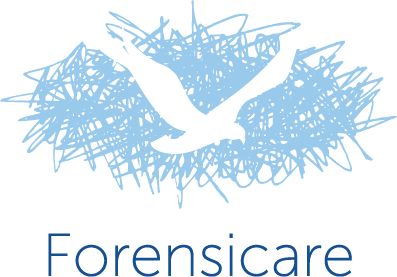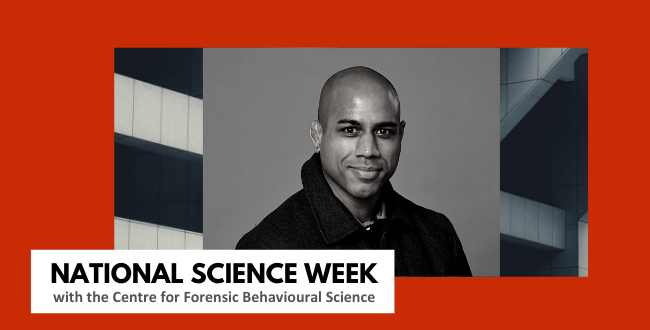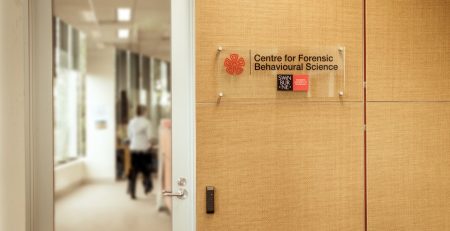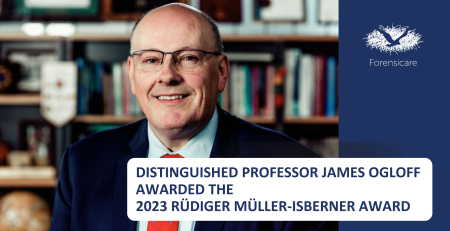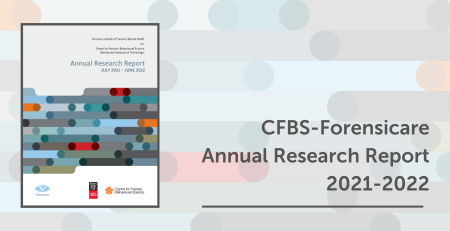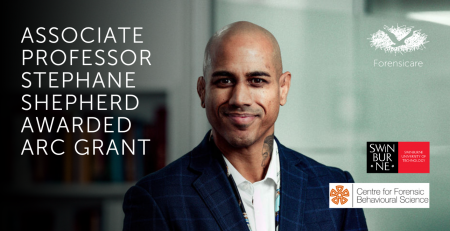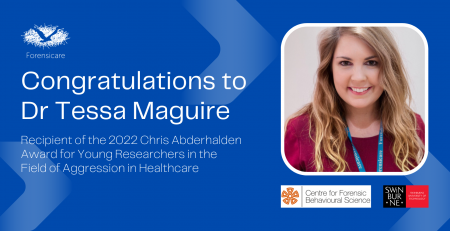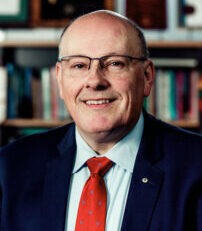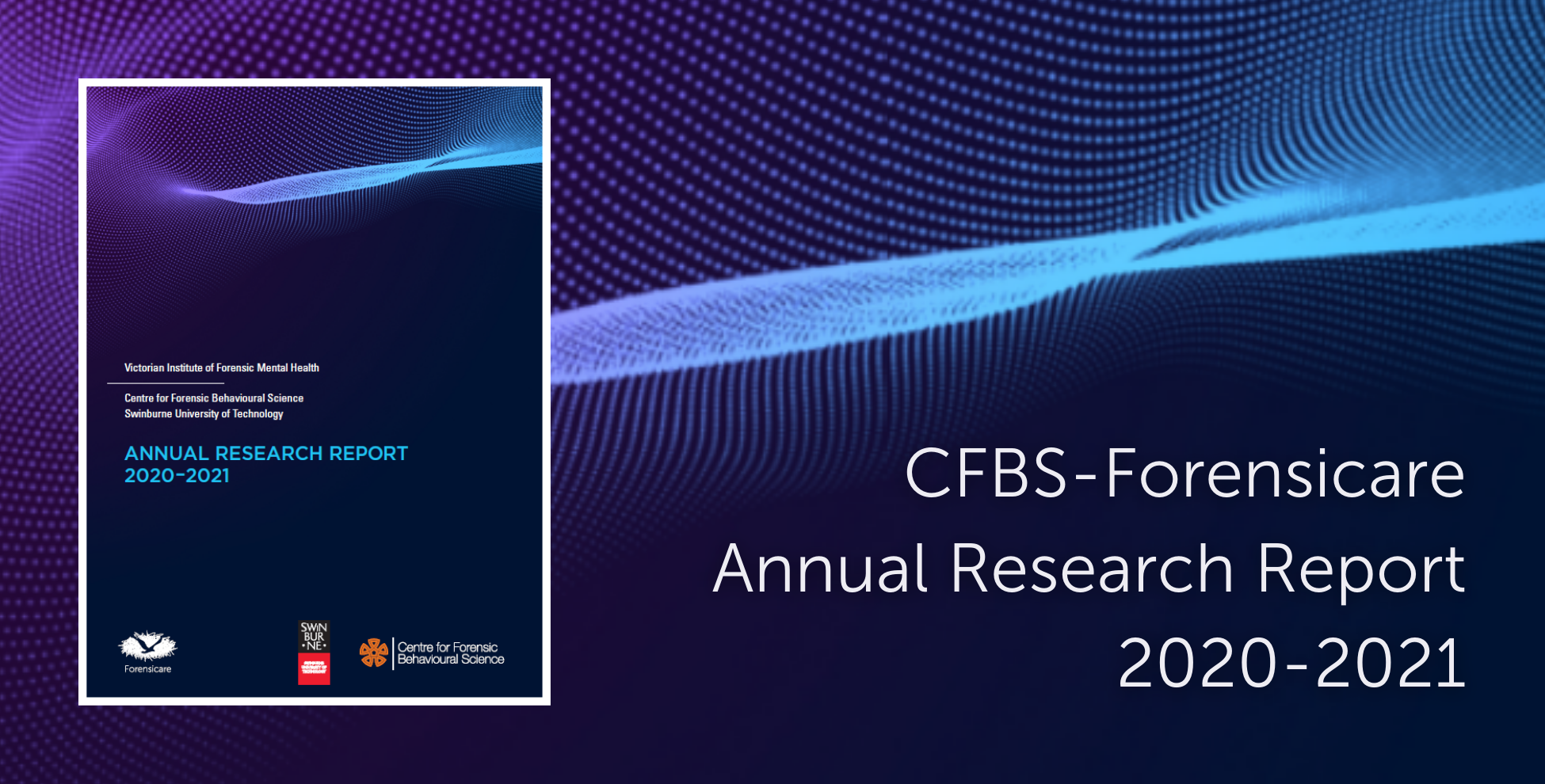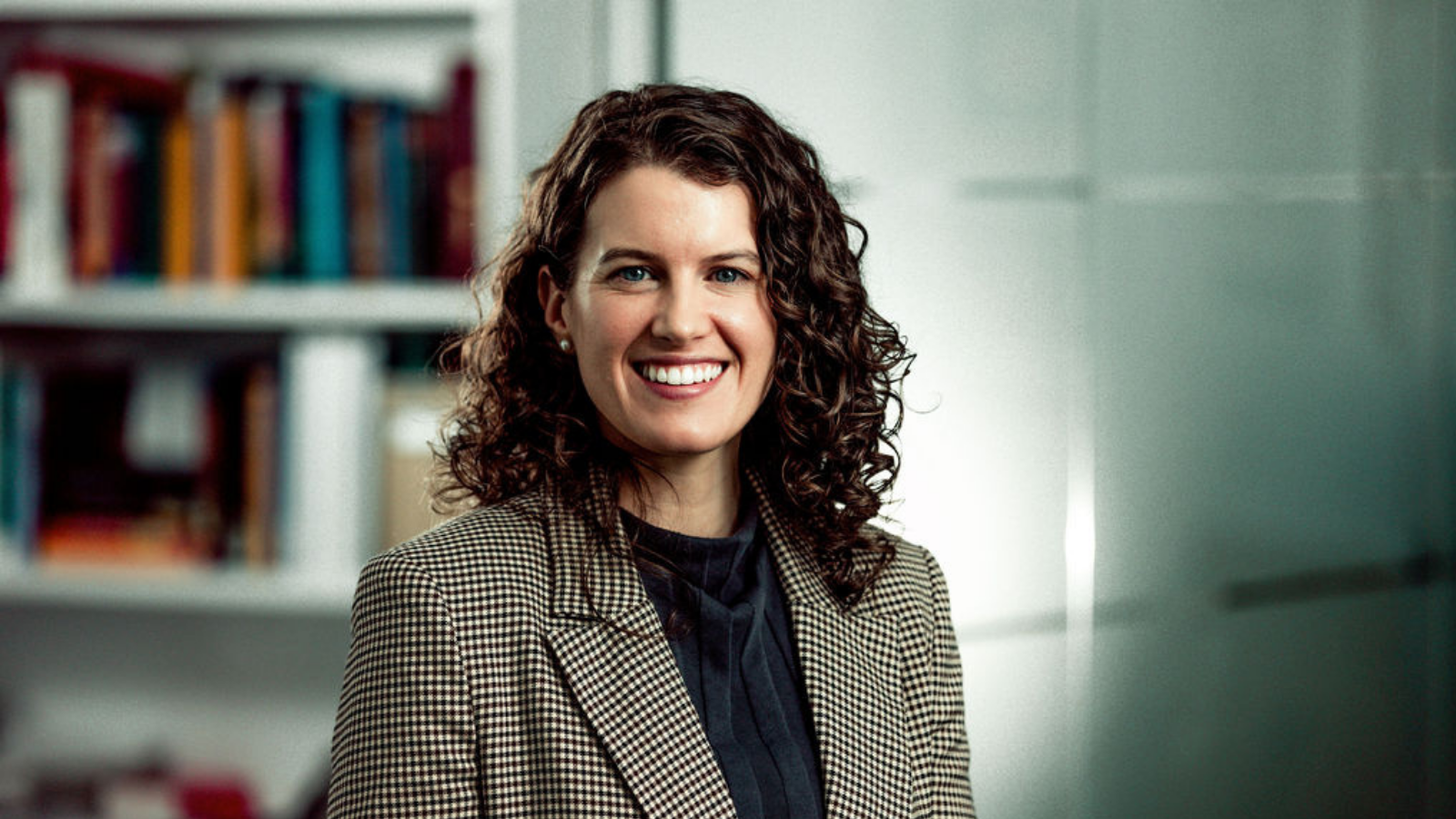Dr Stephane Shepherd named a recipient of TOP 5 – ABC Media Residency Program
National Science Week
National Science Week is Australia’s annual celebration of science and technology. Running each year in August, it is an opportunity to share new discoveries and be fascinated by the wondrous world we live in.
Fun fact: did you know that under the Mental Health Act 2014, Forensicare is required to conduct research into forensic behavioural science? It’s so that we can promote continuous improvement and innovation in mental health care.
So within Forensicare there is an exciting nexus between science and practice – with each informing the other. That’s why we’re celebrating National Science Week by bringing you this three-part series about the latest science led by the Centre for Forensic Behavioural Science (CFBS). The CFBS is operated by Swinburne University of Technology in partnership with Forensicare.
ABC’s TOP 5 Media Residency Program
Dr Stephane Shepherd, an associate professor of forensic psychology at the Centre for Forensic Behavioural Science has been awarded an opportunity to develop his communication and media skills, alongside some of Australia’s best journalists and broadcasters.
The ABC’s TOP 5 Media Residency Program is an opportunity for early-career researchers to become better communicators in their fields of expertise.
The residency will offer Stephane the opportunity to experience a two-week intensive placement based at the ABC with the Radio National team (pending COVID-19 restrictions lifting).
By developing these skills, it means when an issue related to forensic behavioural science arises in the media – Stephane will be well placed to contribute to a more informed public debate as a credible, media-trained expert.
We’ve all seen the way the media sometimes misrepresent the people in the justice system with mental health issues. When journalists have go-to experts who can provide evidence-based insight we can begin to address this problem.
Stephane’s research: young people, their cultural backgrounds and the justice system.
Stephane’s research looks to answer three inter-related questions:
- Why and how young people engage in offending and violent behaviour?
- How do pathways into the youth justice system differ for people from different cultural backgrounds?
- How do we target the needs of, and work more effectively with, at-risk young people from multi-cultural backgrounds so they don’t offend?
“We generally know why most young people end up entrenched in the criminal justice system. For some, if not many, these offending pathways are completely avoidable,” Stephane said.
“For over-represented minority groups this can be socially demoralizing and stigmatizing. This has motivated me to work out how we can better intervene so that more of our younger at-risk members of the community are not lost to the criminal justice system.”
So what are some of the ways that we can start to do this?
Stephane believes we need to ensure that the needs of young people are better addressed by early-intervention to reorientate their pathways.
“We can’t arrest our way out of entrenched social problems and expect the criminal justice system to deal with the aftermath. We need better community-based solutions that target these social issues directly, earlier and more effectively, rather than continuing to process people with complex needs through the justice system,” Stephane said.
Contributing to informed discussions about youth justice in the media
No one likes to see academic research and insights remain between the pages of academic journals, unknown to the public. But it also takes a special skill to remove the jargon and articulate messages in a clear and engaging way for people who may not know much about the topic.
Stephane was attracted to the residency because it presented a new opportunity to develop these skills and collaborate with the team at the ABC.
“It is a chance to learn how to connect with and relate to diverse audiences, including those we disagree with; to personalise stories of struggle beyond the sensational headline; to discuss matters of national significance with the nuance they deserve, and to encourage our audiences to think more deeply about confronting issues,” Stephane said.
“I will use this opportunity to develop and refine my ability to communicate important material on crime and psychology across multiple media platforms.”
We look forward to seeing Stephane’s contributions to a more nuanced debate in the media over the coming months and years.
